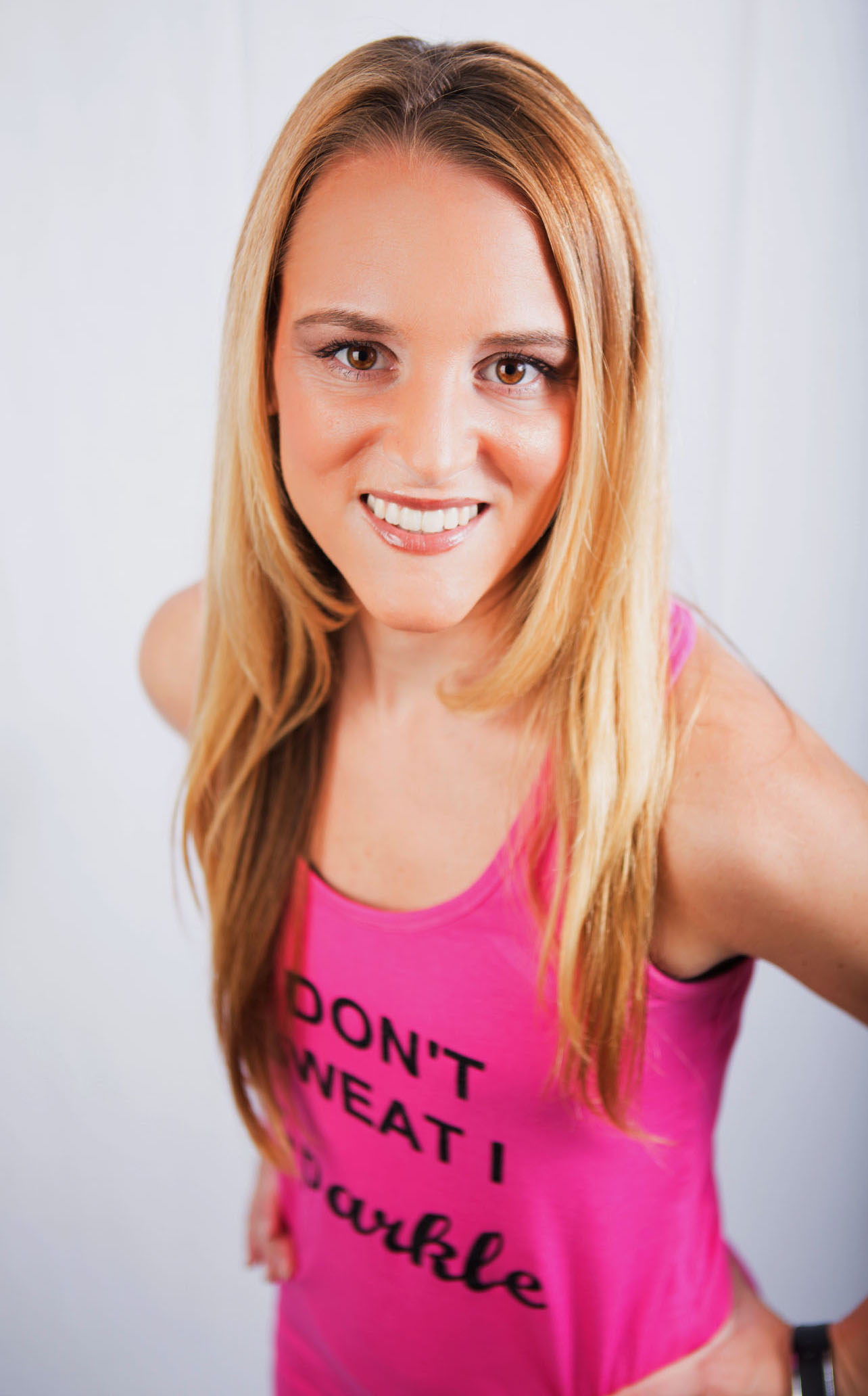As someone who has worked from home for seven years, I didn’t expect the coronavirus pandemic to impact my daily routine that much. In the beginning when friends and relatives called to make sure I was staying home, safe, and healthy, I even joked that I’d been training for this moment for nearly a decade. As the owner of an online fitness company, I had already been meeting all my fitness clients over video chat. I’d even been hosting important meetings over Zoom before all the cool corporate kids were doing it. Co-working with family members who’ve never worked from home? Again, I’d been doing that since before it was hailed as a lifesaving effort.
“In the beginning… I even joked that I’d been training for this moment for a decade.”
It’s true, that I do I love to travel and had been a digital nomad the last few months. However, I had been out of the office to promote the release of my book, Superwomen Secrets Revealed, since early January and as much as I would miss meeting and getting inspired by my fellow lady bosses IRL (in real life), I was ready to enjoy simple pleasures and a routine. Things like sleeping in the same time zone for more than a week, meal prepping my favorite pancakes and trying to reach the ever elusive goal of inbox zero.
When the coronavirus pandemic resulted in the postponement of the 2020 Boston Marathon that I’d been training for, I stayed positive. I thought this was just a blessing in disguise. For one, they didn’t cancel the race! The postponement would give me more time to train. Renowned exercise physiologist, Dr. Jason Karp, stopped by my podcast show, “The Fit Fifteen,” to confirm this change was mostly a positive one and shared tips to help other runners navigate this corona cancellation.
But then, the pandemic did start to effect me in small, but meaningful ways when it came to preserving my personal sanity.
If you work from home and want to be productive and effective, you need to have a routine that works for you. There’s a reason those WFH (work from home) routine graphics have become so popular post COVID-19. At the beginning of my time back in my home office, I was able to keep the routine I’d found that worked best for me over the years. Yes, it did include running, but there was one other practice that has even more important when it came to preserving my sanity.
One of the more grounding parts of my daily routine is one you may not have guessed. It’s not exactly socially acceptable to talk about it in many circles, but it was a real mental health boosting secret weapon: attending daily mass.
I lived within walking distance of my church so I was blessed to get in a triple mental health boost in an hour’s time by including this routine in my schedule. Mental health boost number one came from the time spent walking to and from church. The prayer and reflection time I participated in during the mass provided boost number two. Talking to and connecting with members of my faith community after the service, served as boost number three.
I continued my daily mass practice after my trip. I justified it at first, because we were few and far between at these services and the priest assured us necessary safety precautions were being taken. Looking back, I can see why this was a selfish move.
But before I had time to figure out that this wasn’t the most selfless thing to do, daily masses were cancelled.
I didn’t know what I would do.
How could I replace my daily practice and the benefits of this sacred hour that let me move, pray, and connect all at once?
Then I had an idea…
Part of my recent travels included a retreat to start the process of becoming a certified SoulCore fitness instructor. While I’ve been a certified fitness professional for over a decade, I hadn’t been as consistent with the key part of this fitness class, praying the rosary. I definitely wanted to practice that ritual more than a few times before sharing it with a bigger group as an official instructor. By default the class had a physical benefit and spiritual benefit. I just had to find a way to bring back my faith community, safely.
I had an idea: I could offer live group fitness classes on social media where I’d practice the new fitness format and offer it to members of my faith community at the time I used to attend daily mass.
Sharing these SoulCore fitness classes, my personal practice sessions, with friends and family has really worked!
This practice has been wonderful for me (and yes, you’re invited! THIS is a link to the schedule). It’s enabled me to reconnect with friends in faith I haven’t seen in years and connect them to one another. It’s also encouraged friends who are strong in their faith to become more active and enjoy the benefits of movement in their own lives.
This new fitness practice saved me even more than I thought it would last week.
A running injury I hadn’t dealt with in years came back and took away my other “I’ve been training for this for years” mental health tool. If you’re a runner or know one, you know running really can be like therapy. Of course, I wanted to keep up with it for my physical health and longterm fitness goals, but the role running plays in my mental health is far more important.
The virus and government action might not have cancelled mental health coping mechanism #2 for me just yet, but my body did and I couldn’t go aqua jogging with the gyms closed! With no bike available and walking causing me pain, I had no option but to skip out on cardio for the last few days and slow down. SoulCore was one of the only things I could do!
Slowing down has never come easy to me.
Slowing down in fitness has been extremely hard for me. I got into fitness as a runner. Even when I’ve taught classes like Pilates in southern and more relaxing locations, I couldn’t hide the fact that I grew up Connecticut. I came across as a “fast talker” and women on a mission even in this traditionally, slower paced class.
Slowing down to practice teaching the prayer focused class, SoulCore, and really think of the movements as we are taught to share them with participants, as an invitation, has truly helped me put things into perspective and slow down.
When things are out of control for many, it can feel calming at first if you find that all of your personal coping mechanisms are still available to you. However, if that ends up changing, it can make you lose your sense of calm in an instant and make things feel hopeless. Know there is always hope!
Maybe your current location and situation haven’t taken many or any of your coping mechanisms away from you just yet. If that’s the case, I hope you stay this blessed.
However, if you’re like many people, trying to create a new routine and finding there are fewer options available to you today or in the future, I want you to know — don’t give up! There is always something you can do.
If you try to find something that closely replicates your preferred coping mechanism and find it’s cancelled or suddenly illegal?
Instead of giving up entirely and becoming someone’s who has “finished Netflix,” I challenge you to do what I learned the hard way, but have found to work: slow down, pivot, and be OK with slower and less as your new normal – for now.
“Slow down, pivot, and be OK with [that] as your new normal — for now”
If a combination of prayer and movement sound like they might bring you more peace and joy in these uncertain times, you are welcome to join my classes this week regardless of your faith and fitness level.


